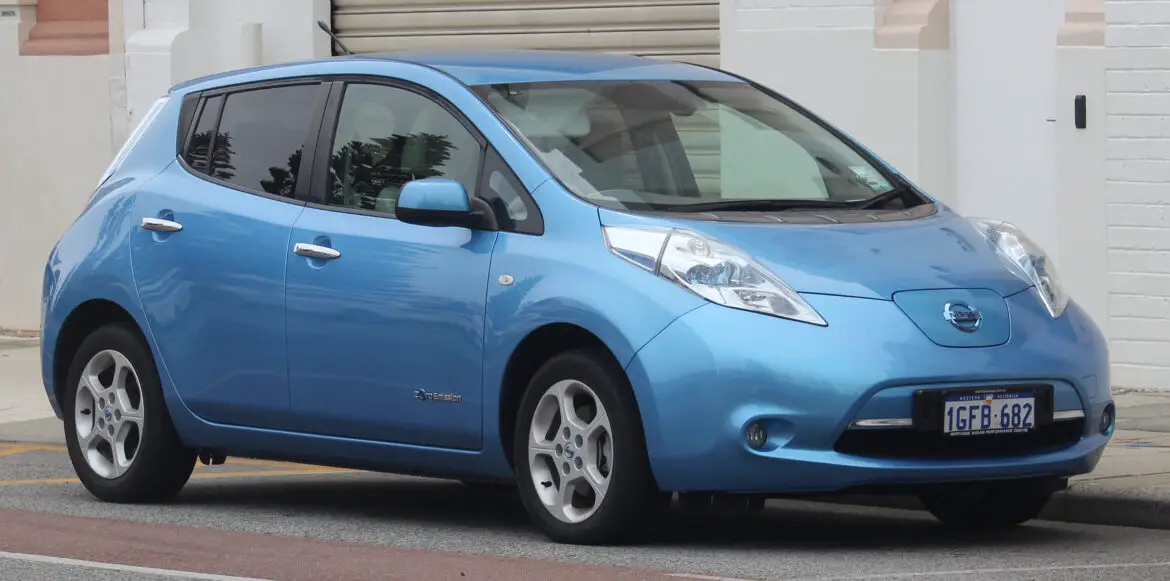The Nissan Leaf is a popular electric vehicle (EV) that has revolutionized the automotive industry with its eco-friendly features. However, understanding the battery’s lifespan, maintenance requirements, and potential replacement costs is crucial for Nissan Leaf owners. In this article, we will delve into the key aspects of the Nissan Leaf battery, catering to both beginners and enthusiasts.
Nissan Leaf Battery Overview
The Nissan Leaf is a groundbreaking EV known for its reliability, affordability, and performance. The battery, a vital component of the Leaf, powers the electric motor and determines the car’s range and performance capabilities.
Lifespan and Degradation
The Nissan Leaf batteries have a lifespan of over 10 years under optimal conditions. However, battery degradation is a natural process that occurs over time, resulting in decreased capacity and range. After approximately 100,000 miles or 8 years, a Nissan Leaf might only hold around 70-75% of its original charge.
Nissan Leaf Battery Warranty
The Nissan Leaf battery warranty provides coverage for component failures and installation faults for up to 8 years or 100,000 miles. Additionally, it covers significant range loss or degradation. However, the warranty does not apply to battery problems caused by damage, extreme temperature conditions, or leaving the battery in a low state of charge for an extended period.
Nissan Leaf Battery Replacement Cost
Nissan Leaf battery replacement cost can be expensive. At a dealership, replacing the 24 kWh battery can cost over $5,000, while larger packs like the 60 kWh battery can cost up to $10,000. However, some owners opt for second-hand battery packs from salvage yards, which can range from $2,500 to $7,500. Labor costs should also be considered, adding to the overall expense.
Extending Battery Life
To maximize the lifespan of a Nissan Leaf battery, certain practices can be followed. These include avoiding fast chargers, keeping the car in a cool environment, and driving with moderate acceleration. By adopting these habits, the degradation process can be slowed down, prolonging the battery’s life.
Battery Upgrade Options
Owners of the Nissan Leaf have the option to upgrade their battery pack to a larger, more powerful version. Upgrading to a 40 kWh pack is a common choice, but upgrading to a 62 kWh pack may require additional labor and incur higher costs. It’s essential to consider the overall expense and benefits before deciding to upgrade or purchase a new Leaf model.
Conclusion:
The Nissan Leaf battery is a vital component of the electric vehicle, impacting its performance, range, and overall longevity. While battery degradation and replacement costs are considerations for Leaf owners, proper maintenance, adherence to warranty guidelines, and informed decision-making can help mitigate these challenges. By understanding the lifespan, warranty coverage, and maintenance practices, owners can enjoy the benefits of their Nissan Leaf for many years to come.


